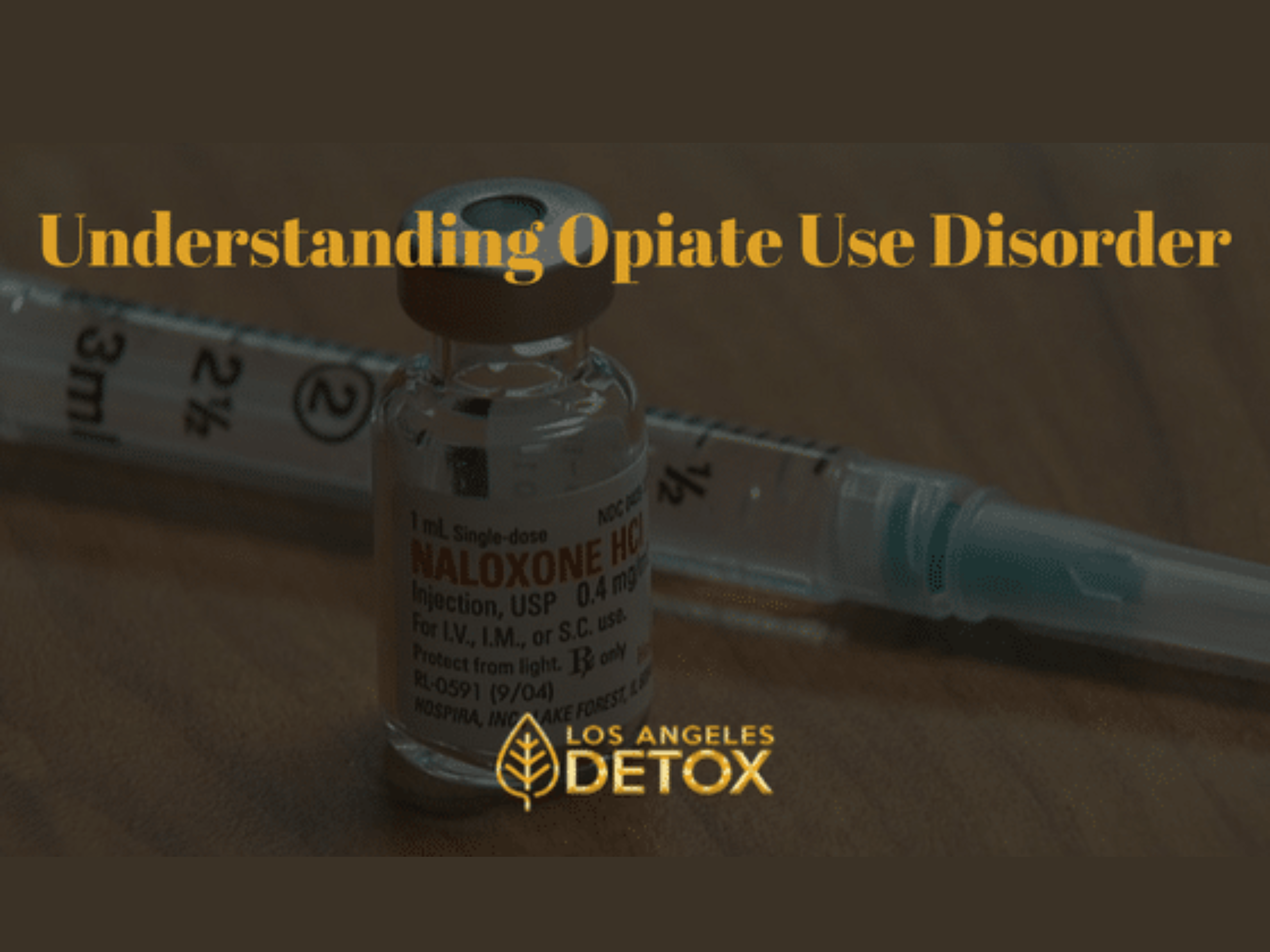
The opiate crisis makes the headline news almost on a daily basis. What is actually happening in the body during opiate intoxication? And during opiate withdrawal?
We’re going to explain the medical side of opiate use and detail the warning signs that indicate someone might have an addiction problem.
Seizures and respiratory depression are symptoms that are causing people to die from opiate use.
Opiates are commonly abused with other drugs resulting in a deadly side effect known as serotonin syndrome. Indicators for serotonin syndrome are:
Opiate antagonists like Naloxone or Naltrexone provide antidotes for opiate intoxication.
Firefighters and police officers have been trained to deliver Naloxone or Naltrexone to people who are overdosing on opiates. This is a good temporary measure, but the person will need continuing care afterwards.
Long-term therapy based programs are the most common types you will find in rehab. Some rehabs use medicines like Methadone and Suboxone to taper the patient off opiates slowly over the course of a few months.
Most people start using opiates to treat legitimate pain. Since opiates are so addictive, substance abuse can quickly take over. Substance abuse is a pattern of substance use that leads to negative consequences.
In conclusion, the ongoing opiate crisis is not just a statistic; it represents the real struggles faced by countless individuals and families. As we’ve explored, recognizing the signs of opiate intoxication and withdrawal is vital in identifying those who may be suffering from addiction. At LA Angeles Detox, we are committed to providing comprehensive support and resources necessary for overcoming substance abuse. Our dedicated team specializes in long-term treatment programs designed to address not only the physical aspects of addiction but also the emotional and psychological factors that contribute to it.
If you or someone you know is affected by opiate addiction, it’s crucial to take the first steps toward recovery. Reach out to us today to discuss personalized treatment options that can facilitate healing and promote a healthier future. By raising awareness and fostering a supportive community, we can contribute to breaking the cycle of addiction and empower individuals to reclaim their lives. Visit our website at LA Angeles Detox for more information on how we can help you or your loved ones on the journey to recovery. Together, we can make a difference.
How long does cocaine stay in your system – and why do some people test…
It’s a sweet, syrupy mixture that has been celebrated in rap music for decades. But…
Meaningful discussions of LGBTQ+ and addiction must address the unique challenges faced by members of…
Alcohol abuse can put a person at risk for a broad scope of serious health…
In certain circumstances, stimulants such as dextroamphetamine and Adderall can help a person experience improved…
SMART Recovery is an alternative to AA and NA for people who are looking for…
This website uses cookies.